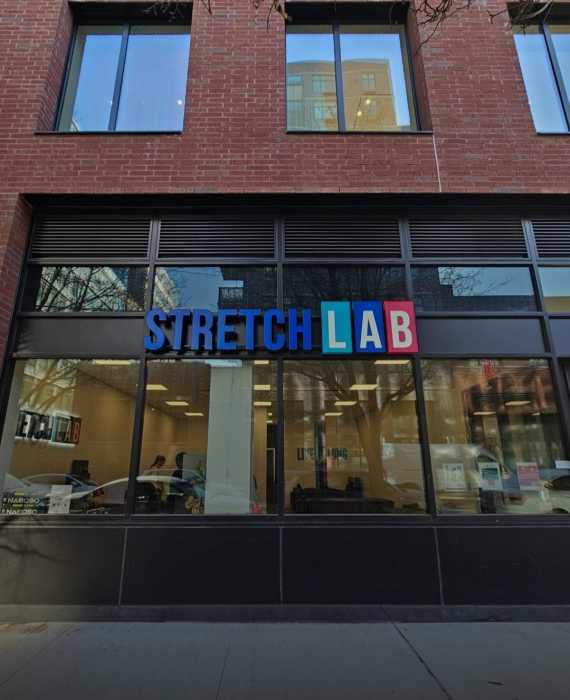A Long Island City-based fur manufacturer is looking to Councilman Jimmy Van Bramer to represent their interests as City Hall mulls the pros and cons of a ban on fur products.
Although Council Speaker Cory Johnson has retreated on the issue, opting to pause any action against the industry, Stallion employees have each signed a letter asking Van Bramer to consider their economic needs and contributions before taking firm stance against fur.
Koullis Pilias of Stallion wrote a letter signed onto by 40 of the company’s 90 employees claiming that Van Bramer refused a meeting with them regarding the ban.
“Council Member Van Bramer has refused to meet with his own constituents who would be put out of business if the fur ban goes into effect – so today we came to him,” Pilias said. “The proposal to ban fur and erase a historic industry along with more than 7,000 jobs is outrageous as it is, but for Mr. Van Bramer to ignore people in his own district adds insult to injury. I sincerely hope that he takes the time to hear our stories and gain a greater understanding of the fur industry. He’s invited to stop by our shop at any time.”
A Van Bramer spokesman told QNS that the accusation that the councilman would not meet with Stallion representatives is not true. The group arrived unexpectedly when Van Bramer was not in his office, the spokesman said, expressing willingness to schedule an appointment.
Legislation against the sale of fur in the city was introduced in City Council in March by Johnson himself who in late May backtracked claiming he had underestimated support for the trade.
Johnson returned to the drawing board on the law telling reporters on May 29 he had put his heart into the bill which received pushback he did not expect.
“We are happy to hear that Speaker Johnson is rethinking his decision to erase an entire industry, 7500 jobs and hundreds of millions of dollars in taxable revenue,” said Fur NYC spokesman Tim Grant. “The City Council has many important issues to solve, and infringing upon our personal, religious, and cultural rights are not among them.”
Johnson may be working in a phase-in period of three years to allow workers time to adapt before a full stop comes making and selling fur in city limits. The speaker’s district covers parts of the garment industry.
“We have received feedback about the proposed legislation to ban the sale of fur in NYC from people on both sides of the issue. I am listening to everyone who has reached out to my office and appreciate their voices in the process. I will continue to study the issue and consider all feedback,” Van Bramer said in response to the letter from Stallion.
Mayor Bill de Blasio said he would air on the side of caution in signing any bill making its way to his desk, and was not confident of this particular piece of legislation, while on the Brian Lehrer Show on May 24.
“I believe we need to get away from fur. And the only question I have is how we do it and what kind of phase in as appropriate,” de Blasio said. “Look, there are people in the Garment District with jobs in this area. We need to be sensitive to that. We – you know, people’s employment is very, very important. Companies, you know, including smaller companies in the city, we want to be respectful that. So I think the, how you do it, the how you phase it in, still needs to be worked through and I have not seen that final wording. But the intention is the right one.”
After moving its operations to Long Island City in 2007, the city Economic Development Corporation awarded Stallion funding grants for the benefits they bring to the community through employment and commerce.
Stallion also has retail stores throughout the city, they claim.
The company claims $25 million in annual sales, the ban could also put workers on the street who have skills that do not translate into other sectors of the fashion industry.
Stallion also owed about $8 million to the city’s Revenue Refunding Bonds that would be defaulted on if the company were to shutter.


































